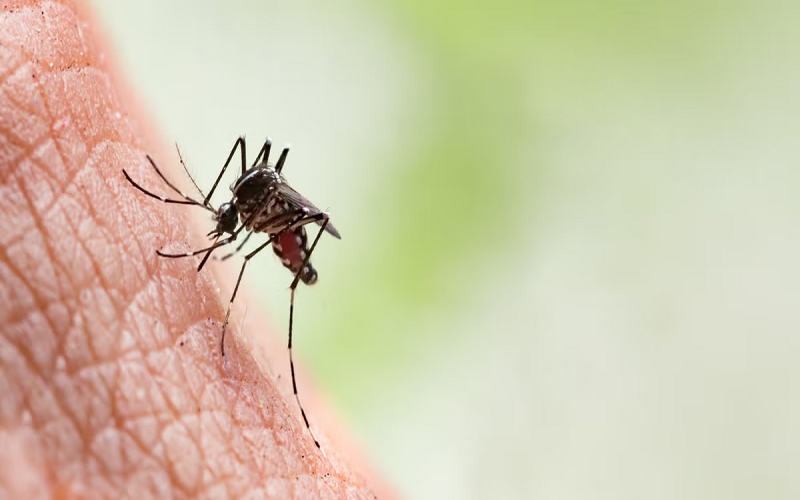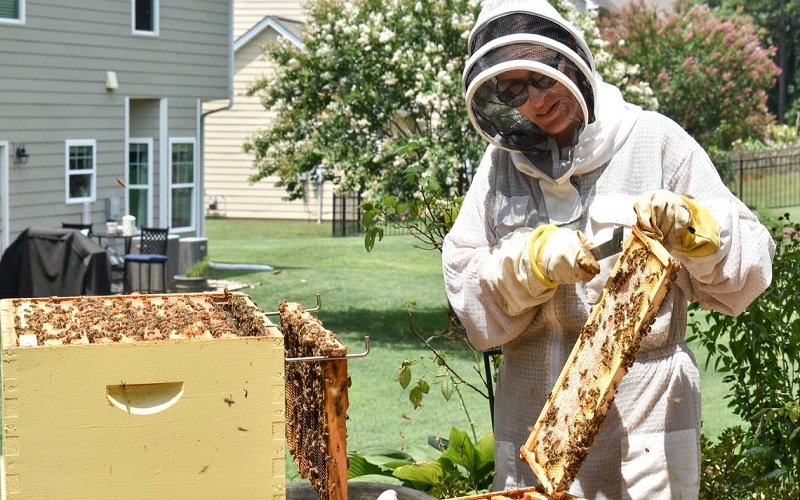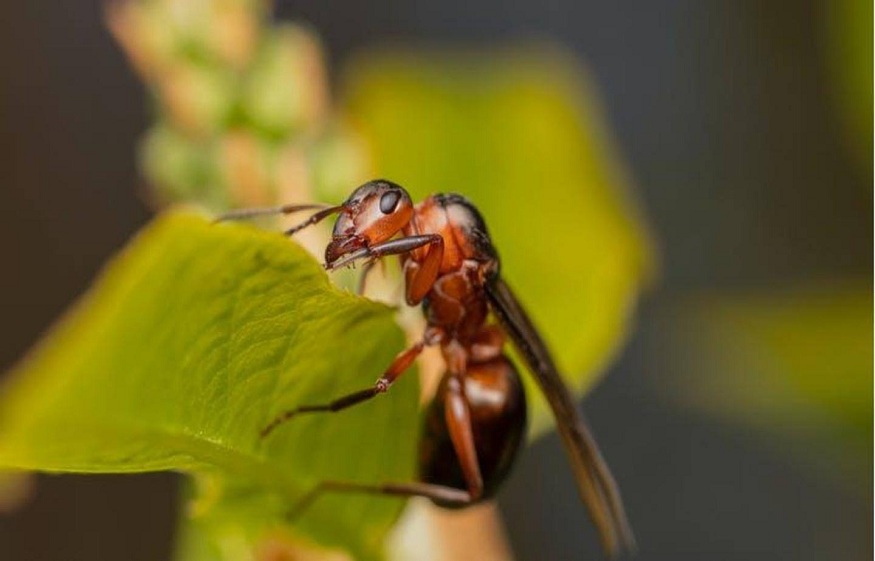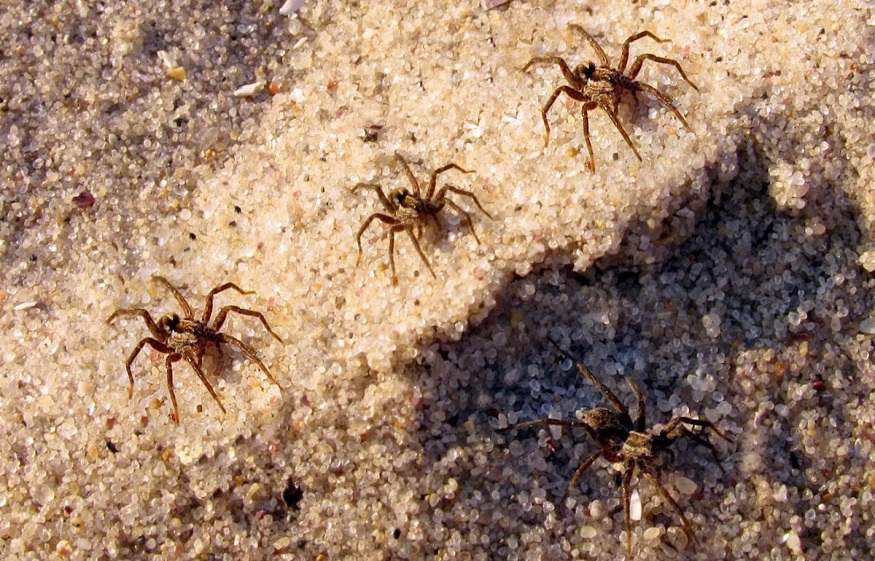A lot of the time, bug bites, those unpleasant memories of our experiences with insects, leave us actually scratching our heads. A prolonged and painful itching sensation might result from bed bugs or mosquito bites.
However, have you ever thought about why insect bites first cause pain? In this extensive guide, we will examine the science behind bug bites and what to do. Further, the Clermont exterminators play a part in reducing these unwelcome visitors.
What should you do when bugs bite an itch, and what is the reason for it?
Insects such as fleas, bed bugs, ticks, and mosquitoes inject saliva into the skin through their bites. This saliva carries proteins that cause a minor immune reaction in the body. Histones are released during this immunological response. One type of chemical that causes blood vessels to dilate is histamine. Furthermore, tissues will swell, causing the swelling, redness, and itching that are normal in bug bites.
The body’s reaction to histamines, along with other inflammatory chemicals generated in response to the insect’s saliva, is what causes the itchy sensation. The body is protected against potential hazards by the immune system’s reaction, but it also causes uncomfortable itching that can last for days.
Some common Insect Bite Culprits
A lot of insect species are popular for their tendency to bite. Everyone has their way of annoying. Here are a few of the most common causes of bug bites, along with the corresponding itching sensations:
- Mosquitoes: While feeding, the females of this bloodsucking insect inject saliva into the skin. The result is the raised, itchy pimples that are common. In addition to being scratchy, mosquitoes have been linked to several diseases, the most common of which is the West Nile virus.
- Bed bugs: Bed bug bites can cause severe itching and often occur in rows or clusters. Their saliva contains anticoagulant substances, which is why this happens.
What will be the symptoms of the above-mentioned bugs?
- Swelling and redness at the bite site
- Irritation and itchiness
- Pain or discomfort
- In rare situations, allergic responses or disease transmission
Strategies you should adopt to prevent bug bite
1. Finding and Removing Breeding Sites
Professional pest control services can locate and get rid of mosquitoes, fleas, and other biting insect breeding grounds around your house.
2. Treatments for Indoor and Outdoor Environments
Green Pest Management provides complete pest control solutions for both indoor and outdoor settings. They may search for locations where biting insects might live or spread.
3. Opt For Preventative steps
You may help keep mosquitoes, fleas, and other pests out of your house by employing preventative steps, including sealing access points, fixing screens, and getting rid of standing water.
Seal access points
To identify access points, thoroughly inspect your house. Eliminate potential entry places for pests, like gaps, cracks, and openings around windows and doors.
Remove standing water
Standing water is an ideal breeding site for mosquitoes. Eliminate any stagnant water sources from your property, including any items that may collect water, such as birdbaths, flower pots, and blocked gutters.
Trimming vegetation
Reduce the number of areas on your property where pests like ticks and mosquitoes can hide. A natural highway is any vegetation that is growing next to or in contact with your residence. Maintain groomed grass, bushes, and shrubs to reduce the number of entrances to your house.
Use Protective Clothes and Repellents:
To keep off biting insects, wear long sleeves, trousers, and insect repellents like DEET or picaridin when spending time outside.
Conclusion
Although bug bites are an unavoidable part of being outdoors, we can handle these nuisances by knowing the science behind why they itch. We can feel more relaxed enjoying our indoor and outdoor areas when we take proactive measures to prevent bug bites and put effective pest control methods into place. Get in touch with Pest Management right now if you need help with pest management or if you are suffering from ongoing pest issues.





